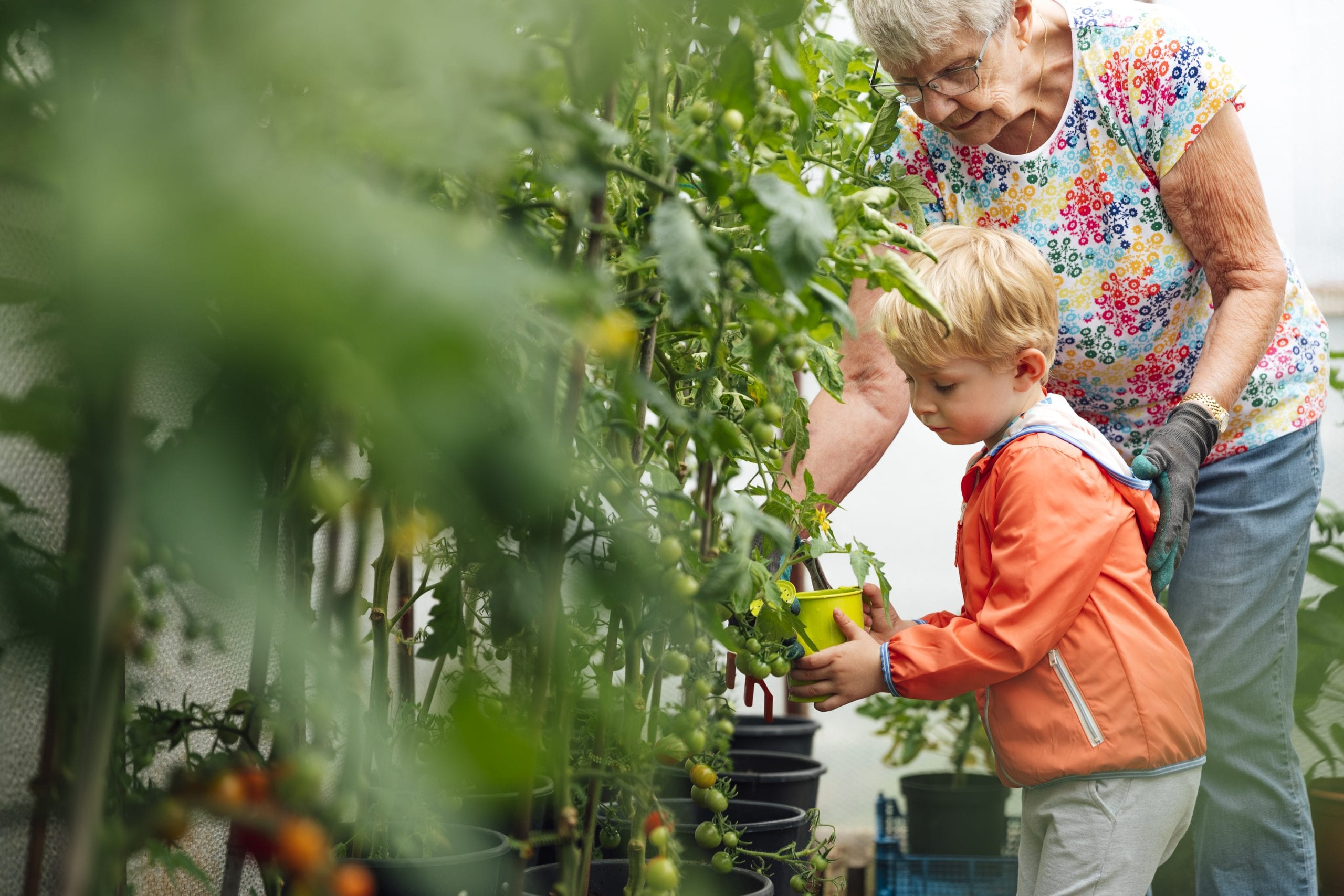Cohesive Communities Fund review
As part of the Cohesive Communities programme, support — both technical and financial — was also provided to sixteen established and emerging CLTs. We received more than double the number of applications to spaces available, highlighting the desire within the movement to address and improve access, diversity and inclusivity.
Due to the criteria of the Sustainable Housing for Inclusive and Cohesive Communities programme that match-funded the CCF, the Fund was designed specifically for urban CLTs (places with a population of 10,000+).
What the programme consisted of:
- Technical support: groups had access to 10 days of support (worth £5,800) from professional experts who provided advice and guidance to benefit the CLTs and their plans.
- Funding: groups could apply for a grant of up to £15,000, on top of the technical support offered, to increase their capacity and outreach and to support their own capacity to take forward affordable housing projects.
- Peer support and Training: this was envisaged as two residential events to skill up the groups and build peer learning and support connections, but due to the COVID-19 pandemic this ended up as online group training sessions covering a variety of topics.
The cohort
|
|

Impact of COVID-19
When the Fund was designed, our plans revolved around two residential get-togethers where the cohort would listen and learn from each other and a range of experts, and feel inspired and motivated to put what they’d learnt into practice. The cohort of groups had planned public events, door-knocking, networking meetings… but with the first residential event planned for the week the UK went into lockdown in March 2020, everything was turned on its head.
Covid had a serious impact on this project. It also created additional problems that all added to CLT progress being delayed nationally, including: illness and the general personal toll of the pandemic leading to less volunteering time or on the flipside — burnout; no access to land or site visits; delays within national and local government in relation to grants and planning decisions. At the same time, many CLTs – including those in the CCF programme – CLTs changed their focus to support mutual aid efforts, demonstrating the extra social capital and cohesion built up by the CLT model.
Key successes
We’re extremely pleased to report that despite the challenges that came with Covid19, many of the CLTs in the CCF cohort have made significant progress, both in terms of increasing their outreach and engaging more people and in developing their plans to build and renovate affordable housing.
Hours of nurturing
Public events held by CLTs
%
Increase in membership
Extra capacity
Four CLTs in the cohort (Forest CLT, Leeds Community Homes, Oxfordshire CLT and StART) used the grant to bring in extra capacity to their team to focus on outreach and engagement. In each instance what was delivered was very different but the results was extremely positive.
Digital - Forest CLT’s #strongerhomestogether campaign
| Forest CLT wanted to showcase the diversity that already existed within their membership as a way to encourage and appeal to more members of their community. They produced a series of short films where members explained why the CLT was important to them and why they’d got involved. Each short has been shared widely and attracted hundreds of views. |
Relationship building - Leeds Community Homes
For Leeds Community Homes they were clear that their focus was to develop more meaningful relationships with the Black, Asian, LGBTQ+ and other minority groups that are located in the city. Using their CCF grant they hired an experienced equality, diversity and inclusion adviser. Ten projects focusing on empty homes, self build, community hubs and affordable housing have been borne out of these discussions.
Events - Oxfordshire CLT
In-person public engagement events went out the window in 2020 and groups turned to online discussions to promote their mission and projects and encourage support for them.
Oxfordshire CLT held a series of events covering a wide range of topics, but with a clear focus on the acute pressures Oxford residents were facing. The topics were compelling and attracted 195 attendees over the series.
Discussions held:
- Planning Reform: The impact on meeting Oxford’s housing need
- PUSH Online Film Showing
- Why can’t we afford to live in Oxford?
- Boats & Coops: What if moorings were community-owned?
- Could community-owned land help us feed Oxfordshire?
Mutual aid
For two CLTs, Covid19 galvanised the CLT teams, with volunteers stepping up to support mutual aid efforts within their communities. In each case their activities lead to a direct increase in membership and awareness of their broader projects.
Community business - South Bank CLT
With some community members struggling to make ends meet, especially during the pandemic, South Bank CLT, partnering with Fareshare NE and others, opened an Eco Shop where customers could buy quality food at discounted prices. As a direct result of running the shop, 170 customers have become members of the CLT.
Emergency support -- St Ives CLT
When Covid hit, St Ives CLT realised that they could provide much needed signposting and practical help. They quickly led efforts to provide prescription collections, food deliveries and befriending services. They estimate that the CLT supported around 1800 people between March – September 2020.
